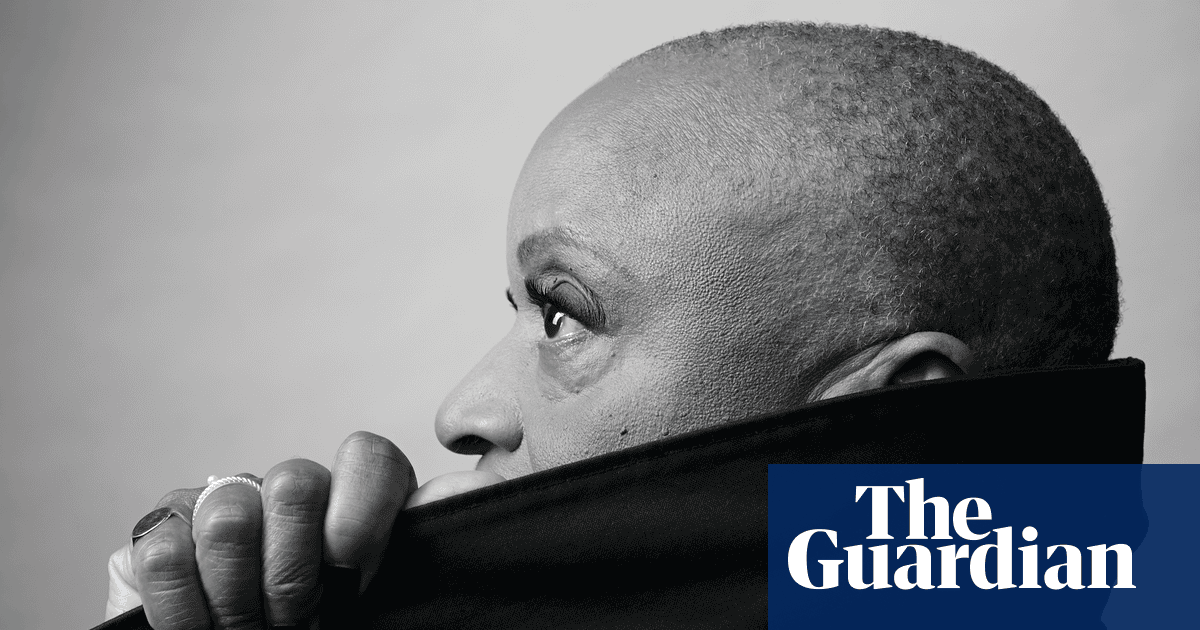Survivors of the Home Office Windrush scandal have received significantly less compensation than they may be entitled to, due to the lack of government funding for legal advice during the application process, a study has found.
A review of 17 applications to the compensation fund revealed that claimants who challenged their awards after taking legal advice received huge increases in the amount offered.
One woman’s payout rose from £300 to £170,000 after a lawyer assisted her, and a man who was initially refused any compensation received a £295,000 settlement after legal support from a charity. Other people’s awards rose from zero to £95,000 or increased from £10,000 to £150,000, with legal help.
The scheme denied compensation to two-thirds of applicants, according to the study, co-written by the law reform charity Justice, the University of Sussex and the law firm Dechert, which calls for funded legal assistance for claimants.
While the Post Office and infected blood compensation schemes both offer applicants legal advice, the Windrush scheme is an exception among state compensation programmes in not providing this support.
One claimant who was born in the late 1950s in the Caribbean and came to the UK as a child, given the pseudonym Jerome in the report – called People Need Legal Help – lost his passport in the 1970s and did not replace it because he had no plans to go abroad. He worked in the building and steel industries until the early 2000s, when he switched jobs but found himself unable to re-enter the workforce because he could not prove his right to live and work in the UK.
He was unable to find work for 17 years, before finally being granted British citizenship in 2019 after the Home Office was forced to admit that it had wrongly classified thousands of Windrush-era residents as immigration offenders. He applied for compensation by himself that year, but his application was rejected because he struggled to provide documentary evidence proving that his job applications had been turned down as a result of his inability to demonstrate lawful immigration status in the UK.
When a pro bono lawyer assisted him to challenge the refusal, helping him gather the required letters from former employers and job rejections, he was awarded £225,000 for denial of access to employment between 2002 and 2019 and £70,000 in recognition of the impact this had on his life.
Emunah Baht Gavriel arrived in the UK in 1979 from Trinidad and worked for decades as an NHS nurse in hospitals in London, Leicester, Bristol and Peterborough. Her passport containing the stamp stating she had indefinite leave to remain in the UK was stolen in 2000; when she submitted her new passport to the Home Office in 2007 to get a new stamp, the department lost it.
This left her unable to prove her immigration status, and she had to leave her job. She experienced significant financial hardship, falling into rent arrears, and at times was forced to scavenge for food. She was unable to travel abroad to visit her terminally ill mother or attend her funeral. Her daughter, who was born in the UK, was also threatened with deportation because of her mother’s uncertain status.
An initial offer of £20,000 compensation was challenged by pro bono lawyers from United Legal Access, and the payout was subsequently significantly increased. “I was incandescent at the original award. I needed legal help to get through the technical processes,” she said. Her lawyer, Sibon Phiri Twaibu, said there was a “culture of disbelief” within the Home Office, where officials seemed inclined to attribute claimants’ challenges to reasons other than their unresolved immigration status.
after newsletter promotion
Marcel Carry, a graphic designer born in the US who came to the UK as a young child, and who lost work for more than five years because he was unable to prove his immigration status, also received an increased award after pro bono legal assistance from the Southwark Law Centre in London. “It doesn’t make sense that legal aid is not available. The process causes so much trauma. They keep asking you for more and more evidence, which most people can’t provide,” he said.
A Home Office spokesperson said there had been a reset of its approach to assisting those affected by the issues. “This government is determined to ensure that victims of the Home Office Windrush scandal are heard, that justice is sped up, and that the compensation scheme is run effectively. Earlier this year, we launched a £1.5m advocacy support fund to provide dedicated help from trusted community organisations when victims are applying for compensation.
“However, we recognise there is more to be done, which is why ministers are continuing to engage with community groups on improvements to the compensation scheme, and will ask the new Windrush commissioner to recommend any further changes they believe are required.”

 3 months ago
130
3 months ago
130

















































